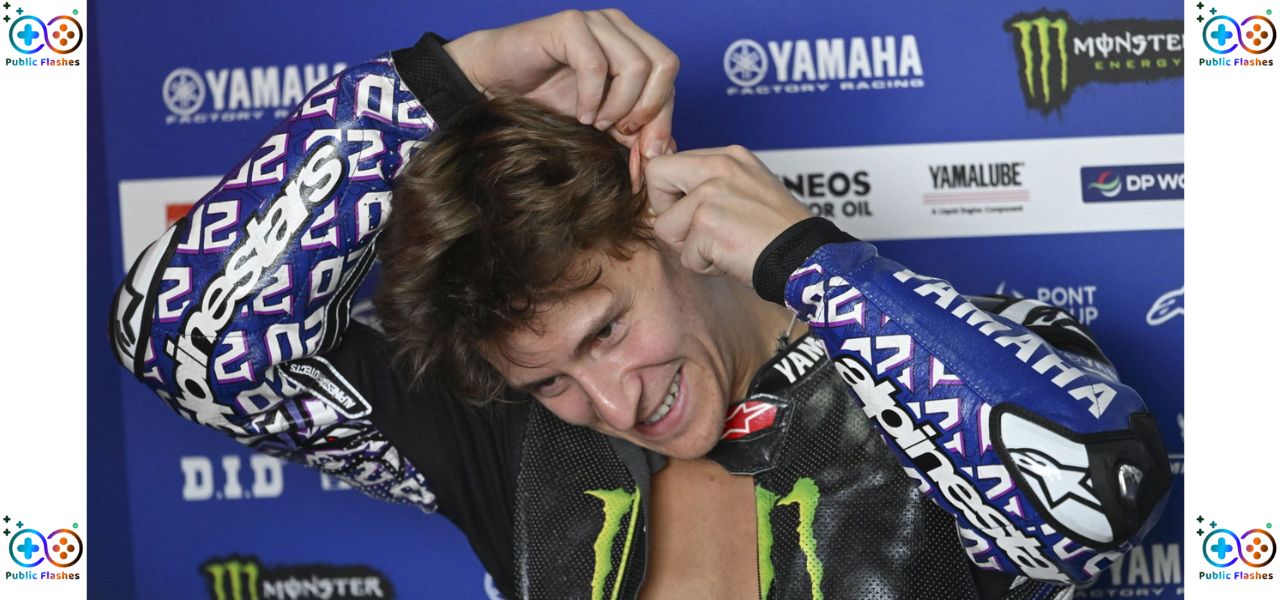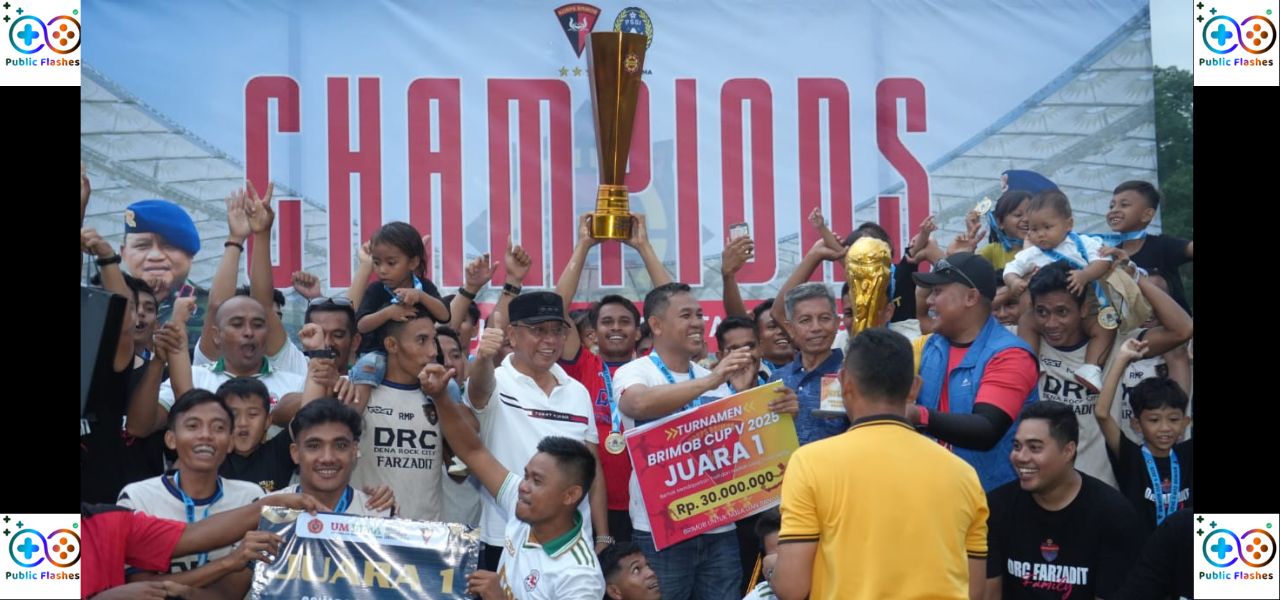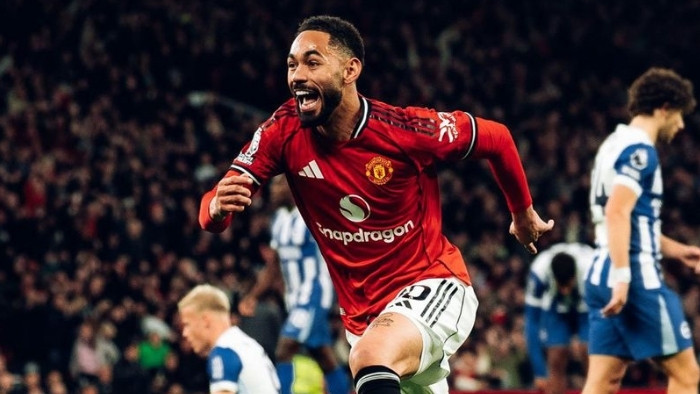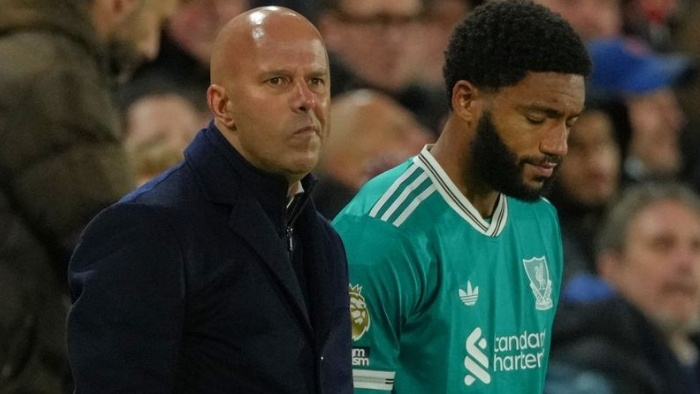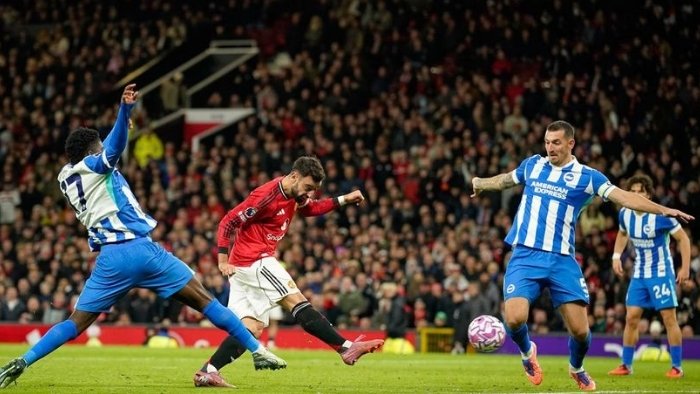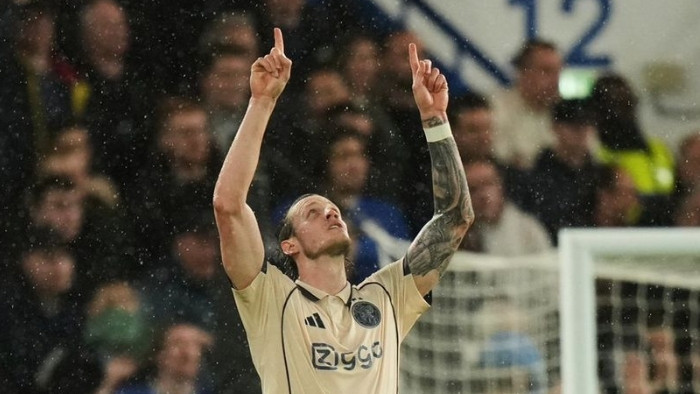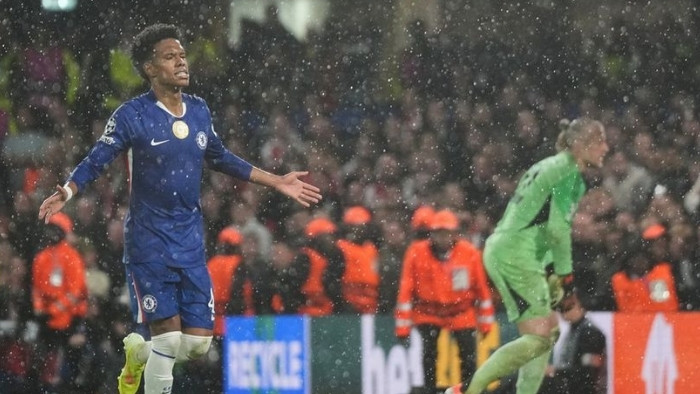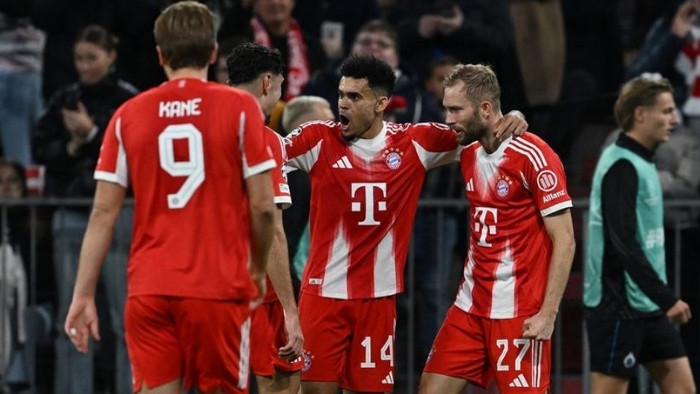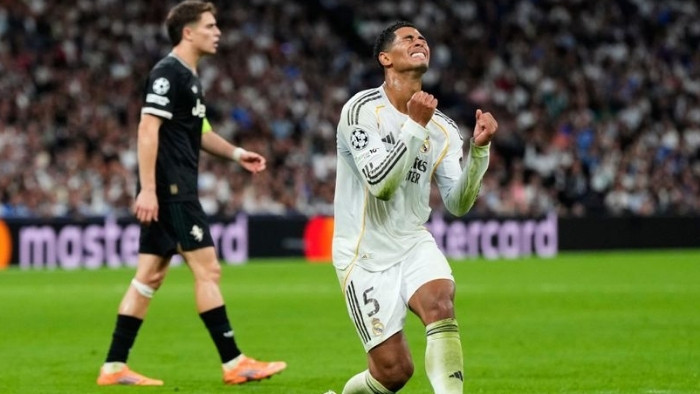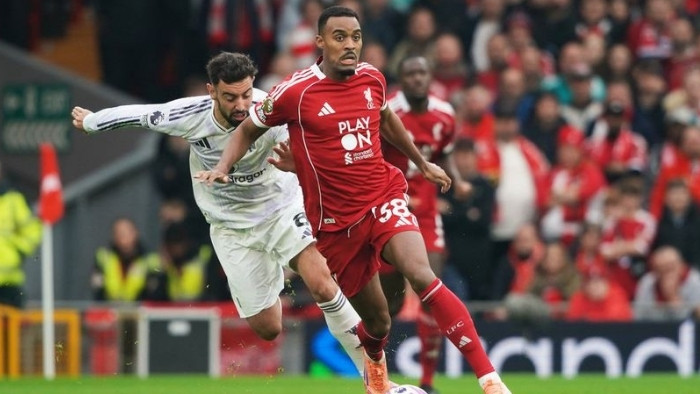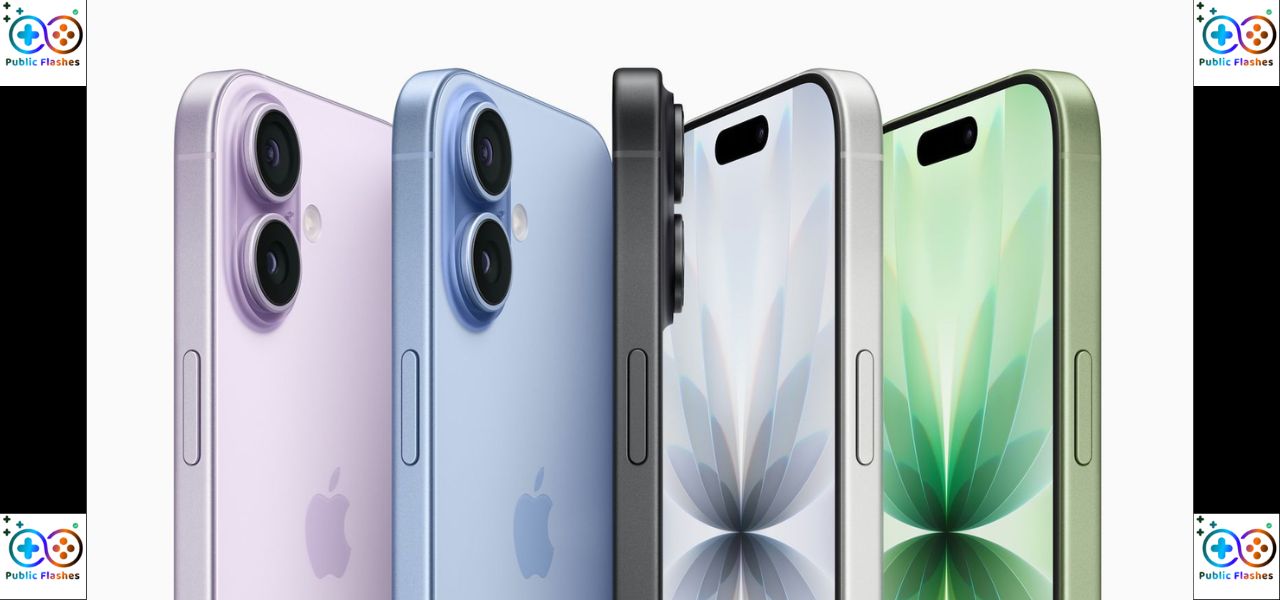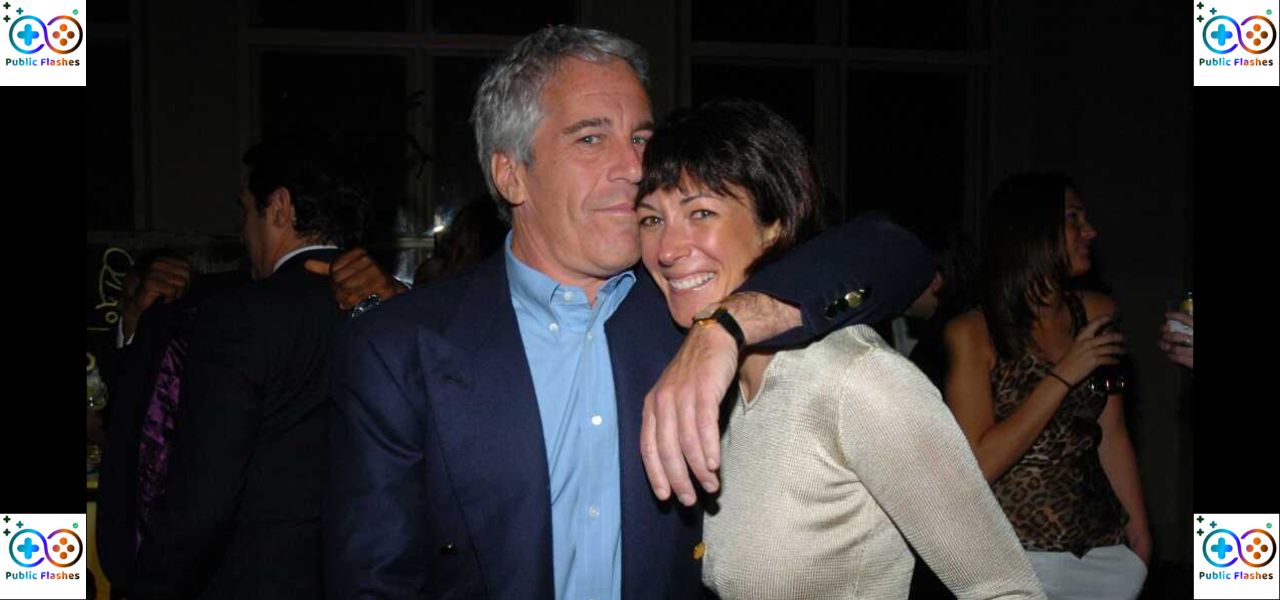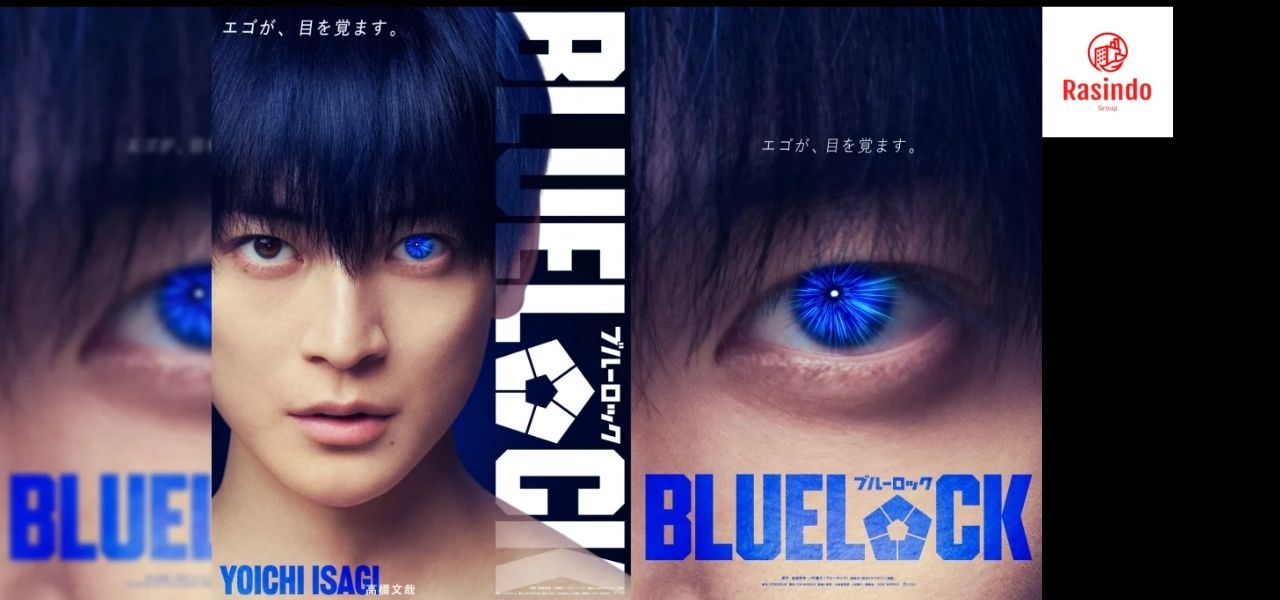PSG’s Frustration Ignites Tension
PSG erupted with frustration after Ousmane Dembele and Désiré Doué returned from international duty injured. The French champions accused the national team of ignoring medical advice and mishandling player fitness. PSG president Nasser Al-Khelaifi reportedly demanded answers from the French Football Federation.
Yet, France’s head coach responded firmly. He rejected accusations of negligence and insisted his staff followed proper protocols. Moreover, he stressed PSG should not treat the national team as an opponent in this matter.
Dembele’s Ongoing Injury Concerns
Ousmane Dembele has endured a long history of injuries. PSG carefully managed his workload to reduce risks. However, during France’s sessions, he suffered muscular discomfort that escalated into a problem.
PSG claimed they warned the national team about Dembele’s condition before the call-up. They believe overtraining caused the setback. For the club, this incident symbolizes repeated disregard for their medical reports.
Doue’s Issue Adds Fuel to the Fire
Désiré Doué, a rising star, also returned to Paris with muscle fatigue. PSG doctors diagnosed a strain that could have been avoided with stricter workload management.
According to PSG sources, they sent specific recovery guidelines to the federation. Yet, Doué participated in high-intensity training regardless. His injury only deepened PSG’s anger toward the national staff.
The France Coach’s Response
France’s coach defended his team’s approach. He insisted his medical staff conducted thorough assessments before each session. Players, he argued, never faced risks beyond normal limits.
“PSG is not our opponent. We share the same goal: keeping players fit,” he explained. His message emphasized cooperation, not conflict. He urged PSG to avoid framing the issue as a battle.
Emphasis on Shared Responsibility
The coach highlighted the need for balance. National teams require top players for crucial matches, while clubs want them protected for long seasons. He argued both sides must compromise.
He admitted Dembele and Doué’s injuries were unfortunate. However, he rejected the narrative of negligence. According to him, injuries happen in football despite careful preparation.
Tensions Between Club and Country
This dispute reflects a wider problem in world football: the constant tension between clubs and national teams. Clubs invest millions in players and demand control. National teams insist on their right to field the best talent.
For PSG, the frustration feels amplified because they suffered repeated cases. For the French staff, criticism feels unfair given their adherence to international standards. The gap between perspectives keeps widening.
Media and Public Reactions
French media quickly picked up the story. Some outlets supported PSG, questioning whether the federation truly respected club medical reports. Others defended the coach, noting injuries remain part of the game.
Fans also debated fiercely on social media. PSG supporters expressed outrage, while national team fans defended their staff. The clash created division among French football followers.
The Importance of Communication
Experts argued the core issue is communication. Clubs often provide detailed reports on player conditions. National teams, however, sometimes prioritize tactical needs over medical caution.
The France coach promised to improve dialogue. He encouraged direct meetings between club and national doctors before call-ups. Better transparency, he suggested, would reduce conflicts and build trust.
Impact on PSG’s Season
For PSG, the injuries arrived at a critical time. Dembele plays a crucial role in Luis Enrique’s system, while Doué represents youthful energy. Losing both weakens depth during Champions League knockout stages.
Fans fear repeated international setbacks could derail the club’s ambitions. Every absence limits squad rotation and increases pressure on healthy players.
What Comes Next
The French Football Federation will review the medical management of both players. Meanwhile, PSG will monitor recovery closely. The outcome could influence future call-ups and cooperation.
If trust continues to erode, PSG may push for stricter agreements with FIFA and UEFA. They want national teams to respect club medical advice more consistently.
Conclusion: Cooperation, Not Conflict
The France coach’s response sought to calm tensions. He insisted PSG is not the enemy and emphasized shared responsibility. Yet, distrust remains strong.
For both sides, the solution lies in improved communication and mutual respect. Injuries to Dembele and Doué highlight the fragile balance between club and country.
If cooperation replaces conflict, players will benefit most. But if disputes persist, football risks repeated battles between two entities meant to share the same goal: protecting players and achieving success.


